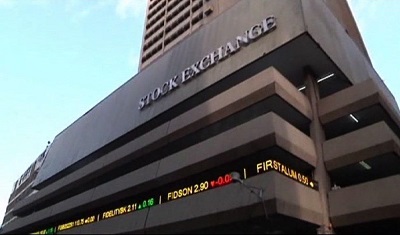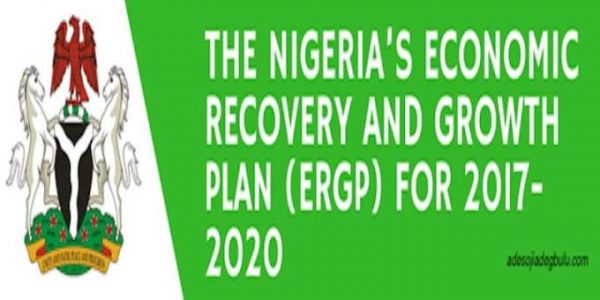Naira slumps to 452/$ as speculations, debt weaken market
 The dollar exchanged for N452 at the parallel market on Wednesday over speculations by operators in the market and the effect of the country’s rising foreign debt.
The dollar exchanged for N452 at the parallel market on Wednesday over speculations by operators in the market and the effect of the country’s rising foreign debt.
The Central Bank of Nigeria resumed foreign exchange sales in April ending to commercial banks, to be made accessible to customers wishing to pay school fees, and businesses making essential imports needed to revamp economic activities across the country.
This followed its one-month forex sales suspension at the onset of the lockdown occasioned by the COVID-19 pandemic.
The continued ban placed on flights in the country by the Federal Government had further affected access to forex by Bureau de Change operators, but the regulator had assured them forex would be extended to them when flights resume.
The President, Association of Bureaux De Change Operators of Nigeria, Alhaji Aminu Gwadabe, said the suspension had no doubt caused speculation, volatility and spikes in the market.
He said, “Speculators are taking advantage of the fact that the major source of foreign currency liquidity is now foreign debt not petro dollars.
“The CBN and the presidential task force need to extend essential services to BDCs to checkmate the unfortunate behaviours of speculators to save our local currency.
“Our economy is mostly dependent on imported textiles, refine oil, food, and medicals, among others.
“There is also a need to look beyond traditional sources of foreign inflows of currency liquidity to more germane sources like diaspora remittances and backward integration.”
He added, “The parallel market rate has jumped to N452/$ today (Wednesday) and the trajectory, going forward, is worrisome and disturbing except the BDCs are returned to essential services.”
The Deposit Money Banks, have, however commenced forex sales to customers for school fees, while SMEs making essential imports needed to revamp economic activities were allowed to bid for forex.
At the partial resumption of forex sales, the CBN said it was providing over $100m per week for school fees and the SMEs.







